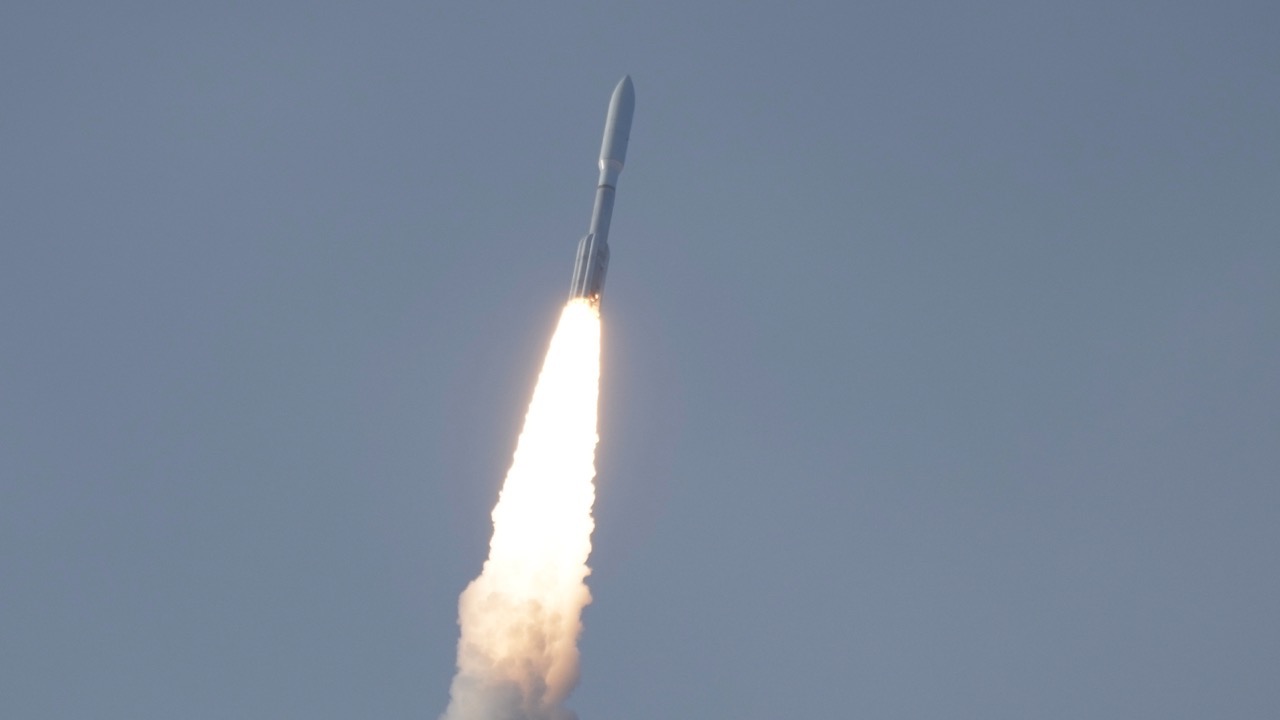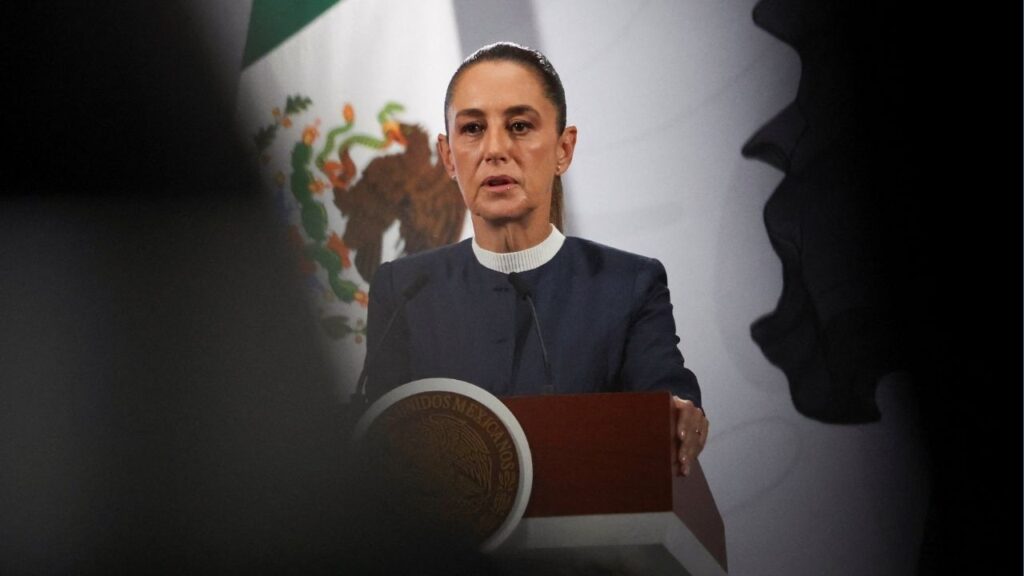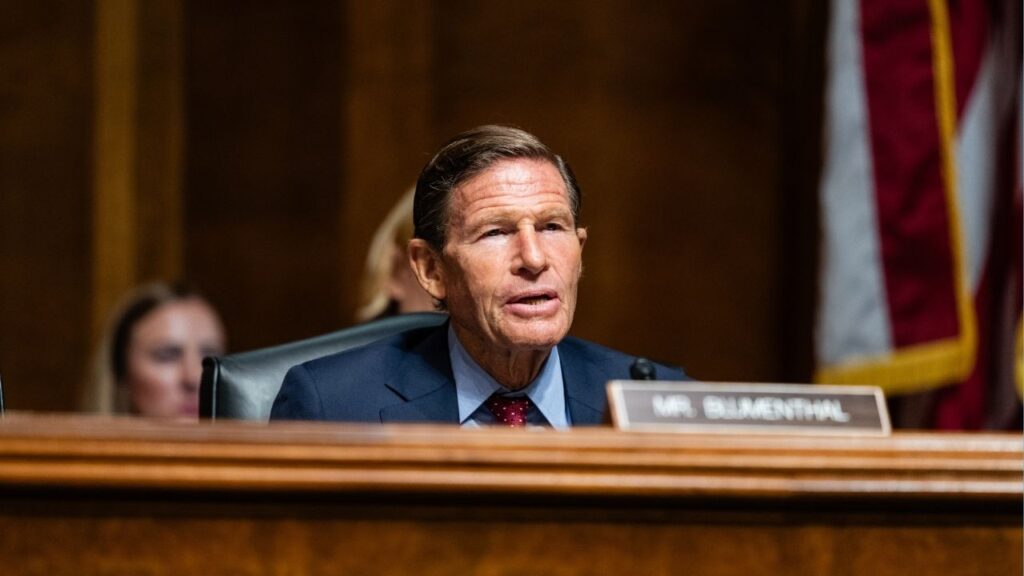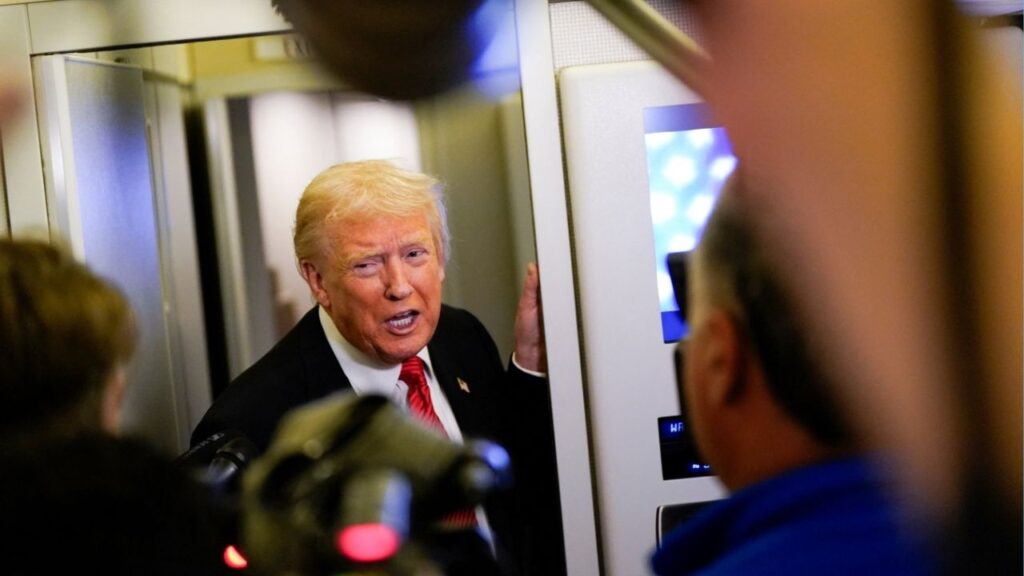Amazon enters the satellite internet race, launching its initial Project Kuiper satellites aboard an Atlas V rocket. (AP/John Raoux)

- Amazon successfully deployed 27 Project Kuiper satellites, aiming to build a global broadband network.
- The launch marks Amazon's entry into a market dominated by SpaceX's extensive Starlink constellation.
- New satellites feature upgrades and mirror film to mitigate impact on astronomical observations.
Share
CAPE CANAVERAL, Fla. — Amazon’s first batch of internet satellites rocketed into orbit Monday, the latest entry in the mega constellation market currently dominated by SpaceX’s thousands of Starlinks.
The United Launch Alliance’s Atlas V rocket carried up 27 of Amazon’s Project Kuiper satellites, named after the frigid fringes of our solar system beyond Neptune. Once released in orbit, the satellites will eventually reach an altitude of nearly 400 miles (630 kilometers).
Upgrades and Astronomical Concerns
Two test satellites were launched in 2023, also by an Atlas V. Project officials said major upgrades were made to the newest version. The latest satellites also are coated with a mirror film designed to scatter reflected sunlight in an attempt to accommodate astronomers.
Stargazers oppose the fast-growing constellations of low-orbiting satellites, arguing they spoil observations. Others fear more satellite collisions.
Competing in the Mega Constellation Market
Founded by Jeff Bezos, who now runs his own rocket company, Blue Origin, Amazon aims to put more than 3,200 of these satellites into orbit to provide fast, affordable broadband service around the globe.
Elon Musk’s SpaceX already has launched more than 8,000 Starlinks since 2019. The company marked its 250th Starlink launch Sunday night. More than 7,000 Starlinks are still in orbit some 300-plus miles (550 kilometers) above Earth.
The European-based OneWeb satellite constellation numbers in the hundreds in an even higher orbit.
Future Launches and In-Flight Learning
Amazon already has purchased dozens of rocket launches from United Launch Alliance and Blue Origin for Project Kuiper, as well as others.
“There are some things you can only learn in flight” despite extensive testing on the ground, said Rajeev Badyal, the project’s vice president.
“No matter how the mission unfolds, this is just the start of our journey,” he said in a statement ahead of the evening liftoff.
The first liftoff attempt earlier this month was nixed by bad weather. It took until now to secure another spot in the launch lineup at Cape Canaveral Space Force Station.
The Associated Press Health and Science Department receives support from the Howard Hughes Medical Institute’s Science and Educational Media Group and the Robert Wood Johnson Foundation. The AP is solely responsible for all content.




















